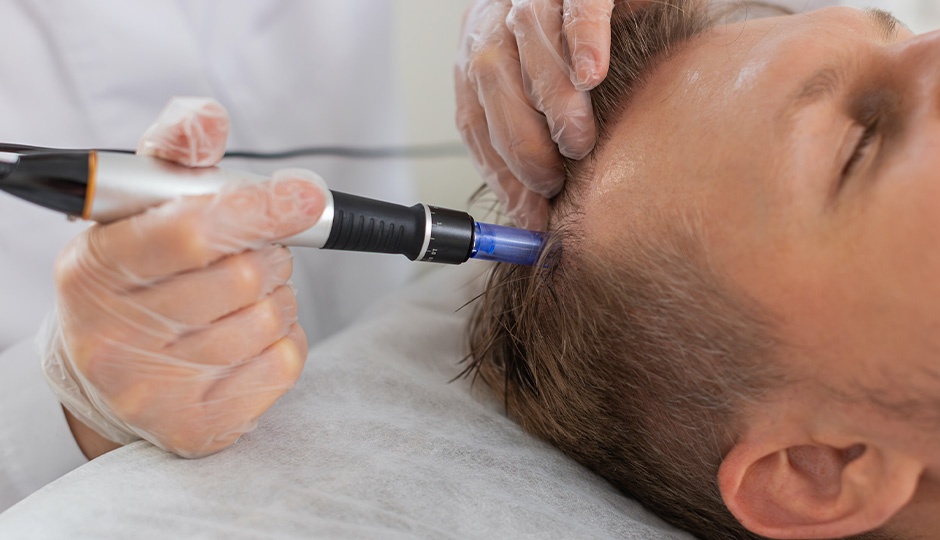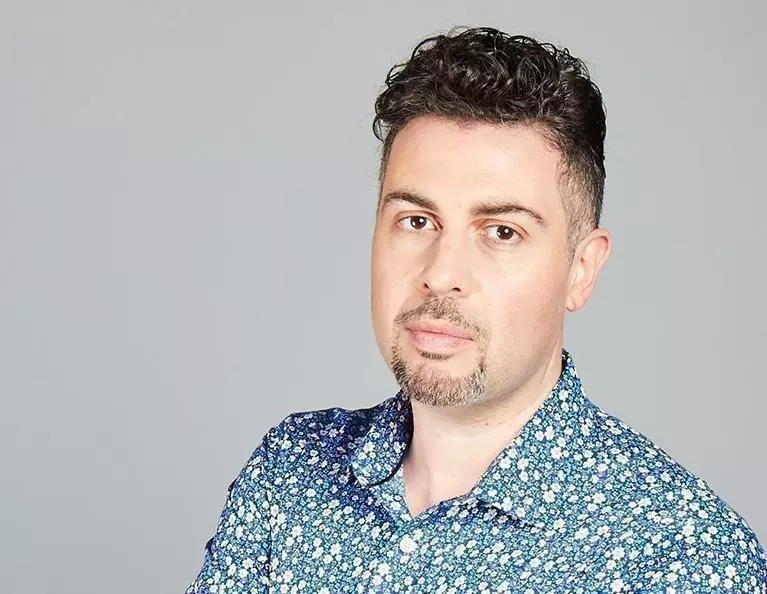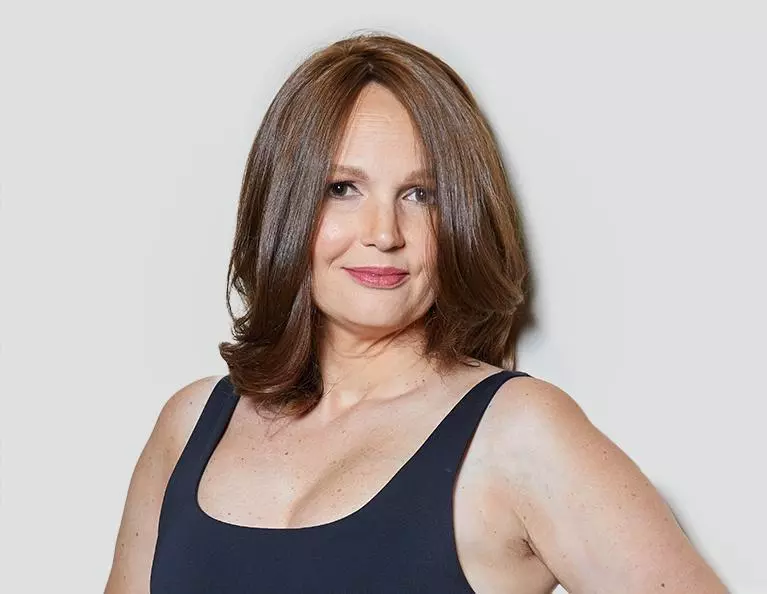Polycystic ovary syndrome (PCOS) is a hormone disorder impacting many women. It is not uncommon for this condition to lead to excessive facial and body hair development. However, for some women, it also causes female pattern hair loss. Why is this? What can be done about it?
Why PCOS and Hair Loss Are Linked
PCOS is a condition that is related to irregular hormone production. Hair loss can be related to this as well. To understand the link between the two, consider how these two relate. Female bodies produce androgen hormones, also known as male hormones, such as testosterone. Androgens are what cause hair growth to occur at puberty. PCOS causes the production of excessive androgen. This causes virilization, which is the development of more male-focused features, including hair that grows on the face, chest, or neck.
The added androgen hormone may also trigger hair loss in some people. This is much like the hair loss many men face as they get older. It often occurs towards the front of the scalp, though it can happen throughout the head.
What Can Be Done About It?
The first step in improving hair loss is to get PCOS under control. That is not always as easy as it sounds, though. PCOS can be hard to diagnose, but once it is diagnosed, it can help with improving many of the symptoms you are experiencing. The diagnosis comes from blood tests. Once your doctor does this, it is then possible to get a better understanding of what is occurring with your hair loss.
Often, irregular hormone production is behind both of these conditions. The difficulty is that hormone regulation often takes some balancing and time. It can provide a significant amount of improvement once your doctors get the right balance occurring, though. Many people need to try a few different medications to find the right dosing.
Medications such as birth control medications can help by lowering the amount of androgen produced in the body. This helps to reduce excessive hair growth and may also slow down your hair loss. Medications like spironolactone can also help as they work as an aldosterone receptor antagonist. That means it works to reduce fluid retention. They also help to treat androgenetic alopecia, a condition that causes hair loss.
Will Hair Come Back?
This really depends on a few factors. First, if you have had hair loss that has occurred for just a short amount of time and you are diagnosed with PCOS quickly, that could help to limit the progression of your hair loss. In some cases, your hair loss could come back.
Most people will have some hair loss that does not return, though, on its own. It may take some time for these medications to help, as well. In this situation, your doctor may recommend the use of hair loss treatments. That includes medications like minoxidil, also known as Rogaine.
Finasteride and dutasteride are additional hair loss medications on the market today. These typically are used to treat male pattern baldness in men, and while they are not commonly used for women, they may be able to be used off label for the treatment of hair loss related to PCOS since the condition is brought on by the increase in male hormones.
What if all of that does not help? Some women may wish to seek out hair restoration in NYC and surrounding areas. While this may seem like a drastic measure, it does not have to be. Over the last few years, these options have become more common and effective at helping women replace the hair they have lost.
Your first step in any of these situations is to talk to your doctor about your symptoms. Have some blood work done to determine what is really happening with your health. You may find it is possible to slow this hair loss.
To learn more about the hair loss prevention therapies and non-surgical hair replacement options available for women with PCOS, contact the team at Unique Hair Concepts to schedule a private, complimentary consultation.






